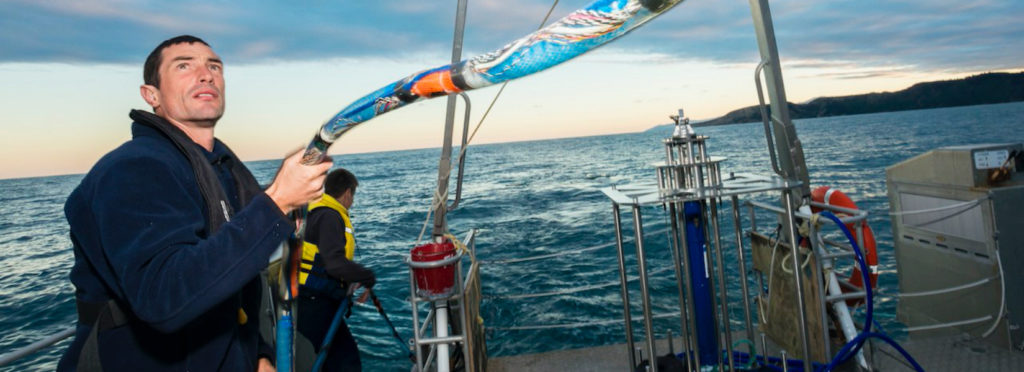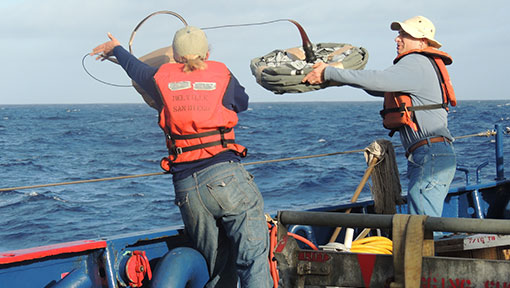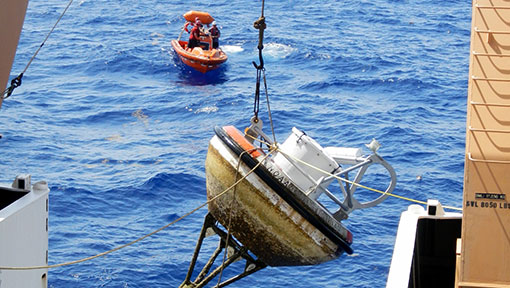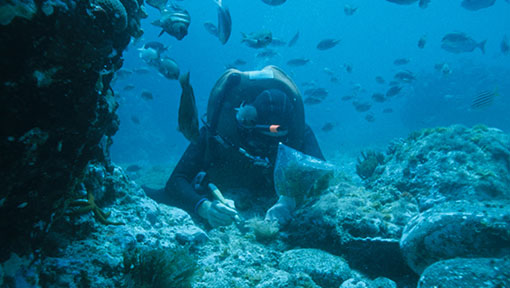Since 1991, we have been leading the development of a truly global ocean observing system that delivers the essential information needed for our sustainable development, safety, wellbeing and prosperity.

GOOS is led by the Intergovernmental Oceanographic Commission (IOC) of UNESCO, and co-sponsored by the World Meteorological Organization (WMO), the United Nations Environment Programme (UNEP) and the International Science Council (ISC).
We lead and support a community of international, regional and national ocean observing programmes, governments, UN agencies, research organizations and individual scientists.
Ocean observing is fundamental to achieving the goals of the Decade of Ocean Science for Sustainable Development. We are proud to be a key part of this visionary initiative.
Developing tools and technology
We help develop the observing tools and technology, information systems, scientific analysis and forecasts that enable the global community to leverage the value of its investment.
Initially, we focused on building a system to support climate science and be the observational backbone for operational forecast systems.
In 2011, we began implementing the Framework for Ocean Observing.
This is a guide for multiple stakeholders that reflects concerns about ocean health and the demand from nations for information to manage their global economies.
We lead and support the implementation of the Framework to benefit users. Coastal areas and regional seas are a growing focus area.

Mission and principles
Leading the ocean observing community and creating partnerships to grow an integrated, responsive and sustained observing system.

2030 Strategy
By 2030, we will have a global ocean observing system truly responsive to the needs of end users.


